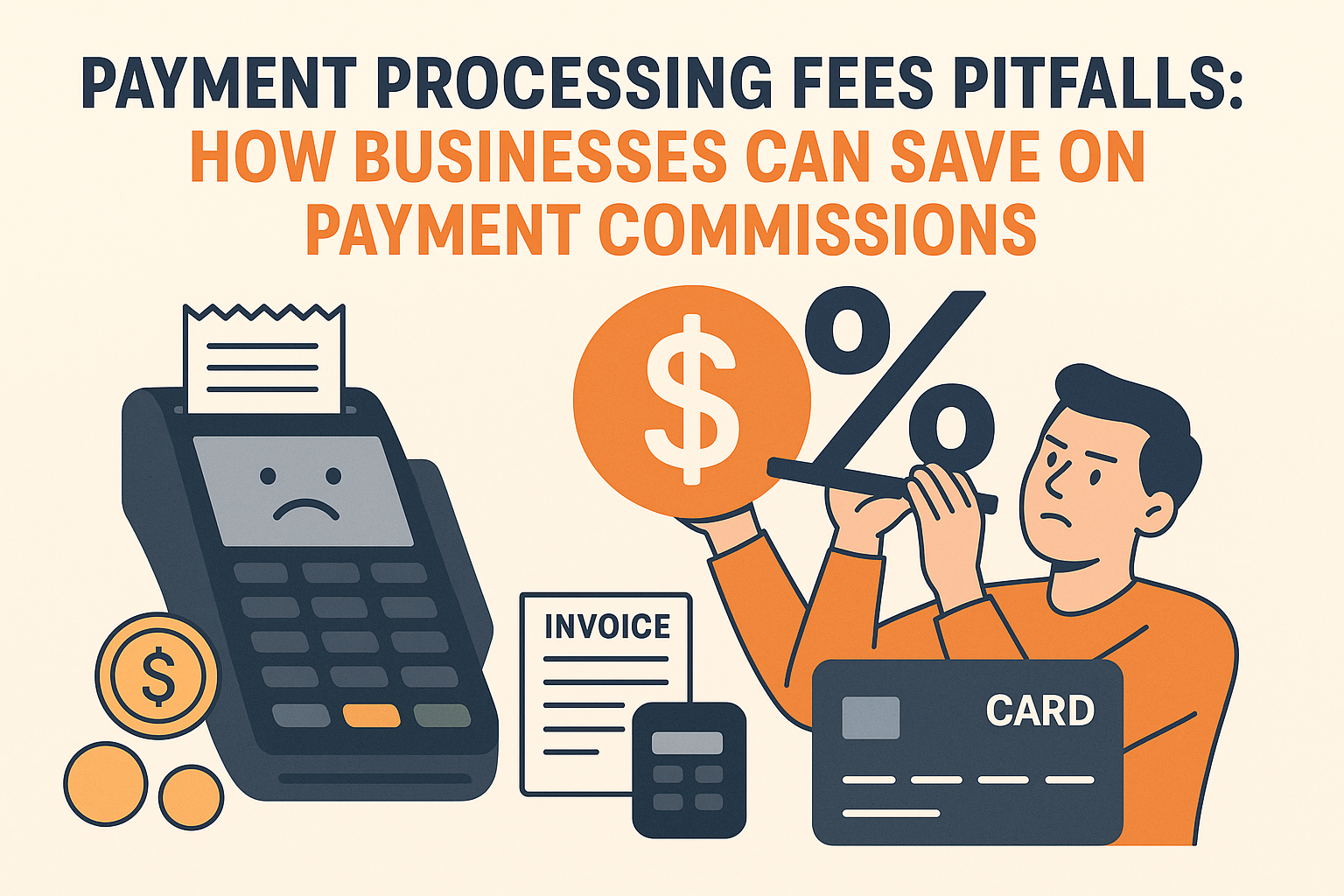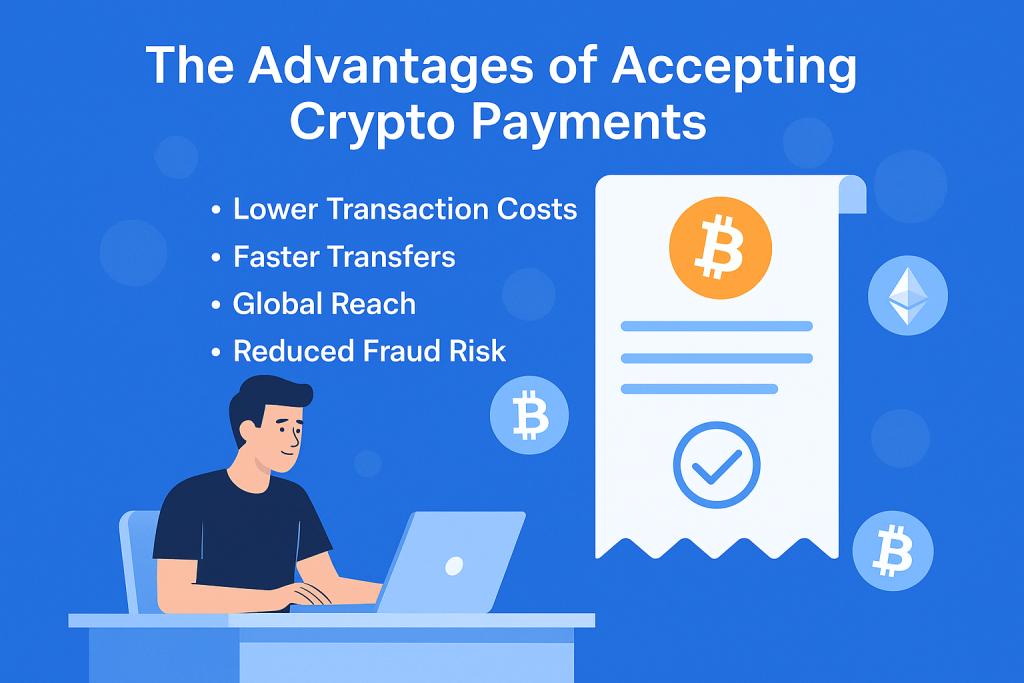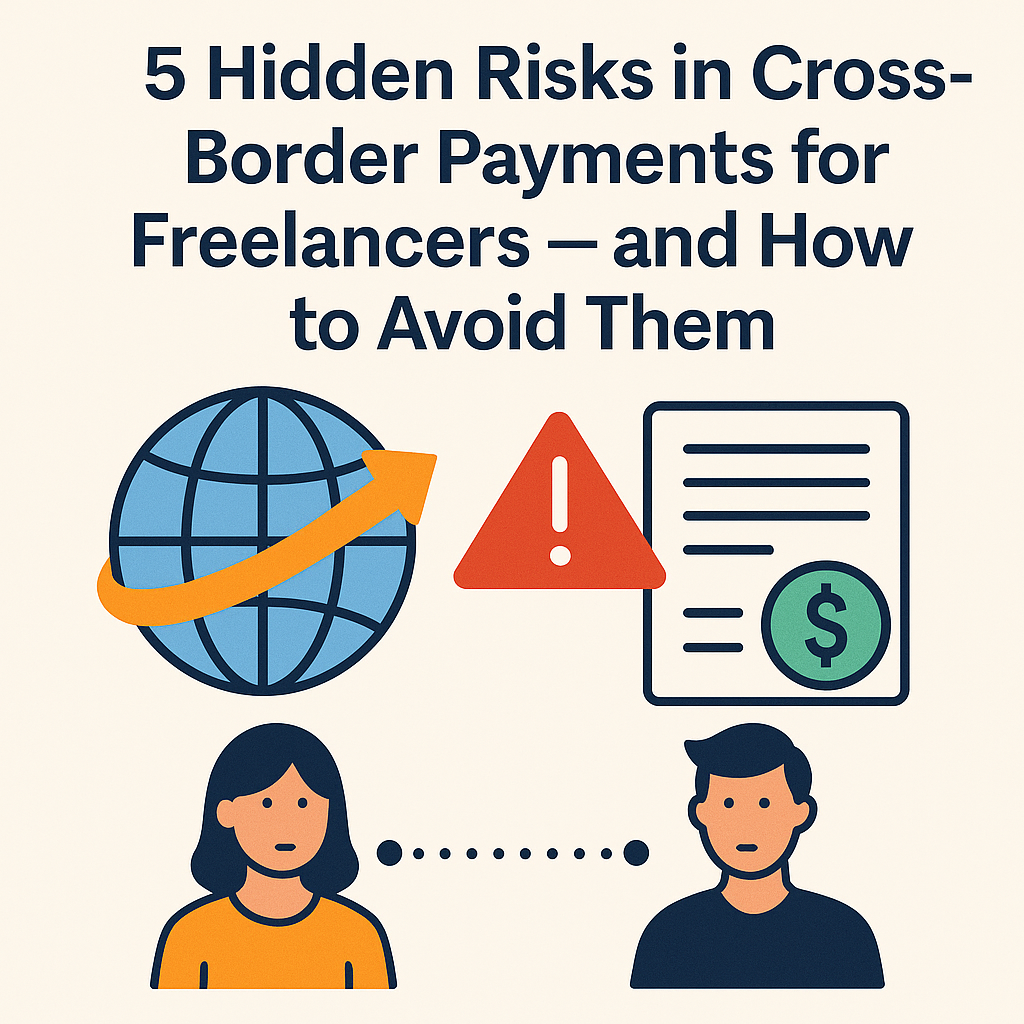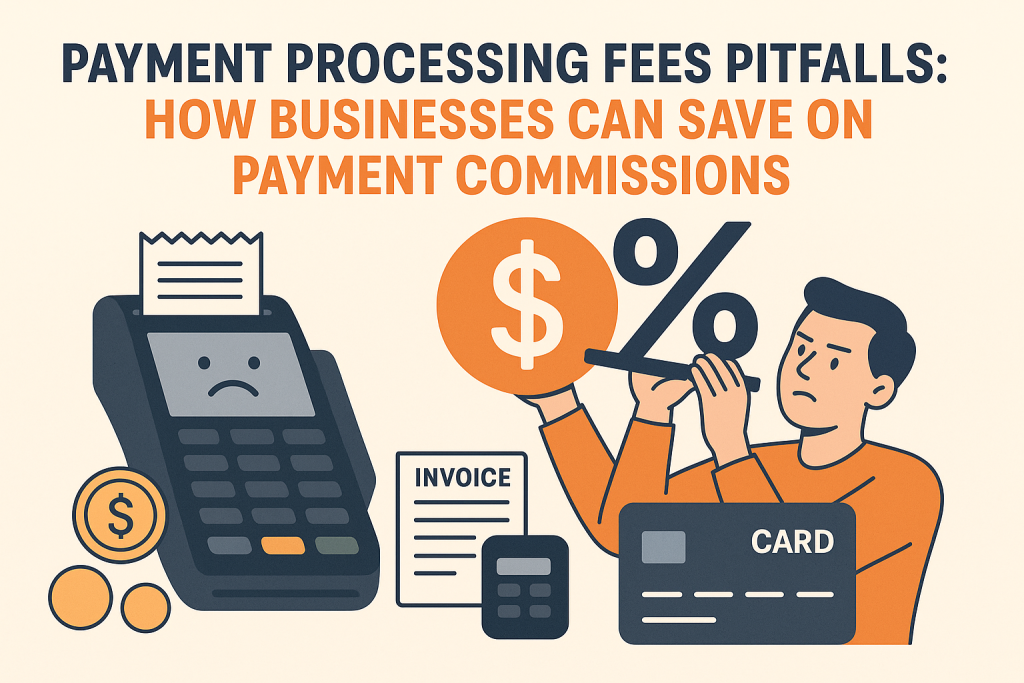Payment processing fees are a crucial factor that directly impacts the profitability and cash flow of businesses, especially those operating online or internationally. However, many businesses face unexpected costs due to hidden fees and complex commission structures imposed by Payment Service Providers (PSPs). Therefore, understanding these common pitfalls and learning how to reduce payment commissions can significantly improve your bottom line.
In this comprehensive guide, we will explore the different types of payment commissions, common fee traps, and practical strategies for businesses to save money while optimizing their payment processes.
What Are Payment Processing Fees and Why Do They Matter?
Payment processing fees refer to the charges imposed by payment service providers for facilitating transactions, whether online or offline. These fees may include fixed charges per transaction, percentage-based commissions, currency conversion fees, and other additional costs.
For businesses, these fees can quickly add up, especially when dealing with high transaction volumes or cross-border payments. If overlooked or misunderstood, these costs can reduce profit margins and negatively affect cash flow management.
Common Payment Commission Pitfalls Businesses Should Avoid
1. Hidden and Additional Fees
Many PSPs include fees that are not clearly disclosed upfront. These may include account maintenance fees, withdrawal charges, monthly service fees, or reporting costs. Consequently, such hidden fees can surprise businesses and inflate the overall cost of payment processing.
2. Currency Conversion and Exchange Rate Fees
Businesses engaging in international trade often face currency conversion charges and exchange rate markups. These costs can substantially increase the amount paid in processing fees for cross-border transactions.
3. High Fixed and Percentage-Based Fees
Some providers charge a combination of fixed fees per transaction plus a percentage of the transaction amount. For businesses with many small-value transactions, fixed fees can disproportionately increase total costs.
4. Rigid Contract Terms
Long-term contracts with inflexible terms can lock businesses into high fees without the option to renegotiate. As a result, this limits adaptability to changing market conditions.
How Can Businesses Save on Payment Commissions?
1. Compare Multiple Payment Service Providers Thoroughly
First, research and compare the fee structures, additional charges, and service quality of different PSPs. Selecting a provider that aligns with your transaction volume and business needs helps avoid unnecessary expenses.
2. Ensure Transparent and Clear Contract Terms
Before signing any agreement, confirm that all fees—including any additional or conditional charges—are clearly outlined. Transparency prevents unexpected costs and fosters trust.
3. Leverage Volume-Based Discounts
High transaction volumes often qualify businesses for reduced commission rates or special discounts. Therefore, consider consolidating payments to increase volume and negotiate better rates with your PSP.
4. Minimize Currency Conversion Costs
Where possible, standardize your transactions to a single currency to reduce exchange fees. Alternatively, negotiate favorable currency conversion terms with your payment provider.
5. Explore Alternative Payment Methods
Innovative payment options like cryptocurrencies, digital wallets, or mobile payments often come with lower fees. Evaluate if integrating these alternatives suits your business model.
6. Monitor Your Transactions and Fees Regularly
Finally, maintain diligent oversight of your payment activity and associated costs. Early detection of abnormal fees allows timely intervention and cost control.
Optimize Your Payment Commissions with Neomo
Neomo offers transparent, low-commission payment solutions designed for businesses operating domestically and internationally. With a robust infrastructure, Neomo enables fast, secure, and cost-effective transactions, helping you minimize fees and accelerate cash flow.
- Clear Fee Structure: No hidden charges; all fees are upfront and easy to understand.
- Instant Payments: Reduce waiting times and avoid extra costs linked to delays.
- User-Friendly Dashboard: Track all your payments and commissions effortlessly.
- Multi-Currency Support: Ideal for businesses with global customers.
Choose Neomo to optimize your payment processing costs and boost your business profitability.
Conclusion
Payment processing fees can often be a hidden drain on your business finances. However, by understanding common commission traps, negotiating transparent contracts, leveraging volume discounts, and exploring alternative payment options, you can significantly reduce your payment costs.
Regularly reviewing your payment fee structure and partnering with a transparent provider like Neomo will empower your business to thrive with better cash flow and improved profitability.





